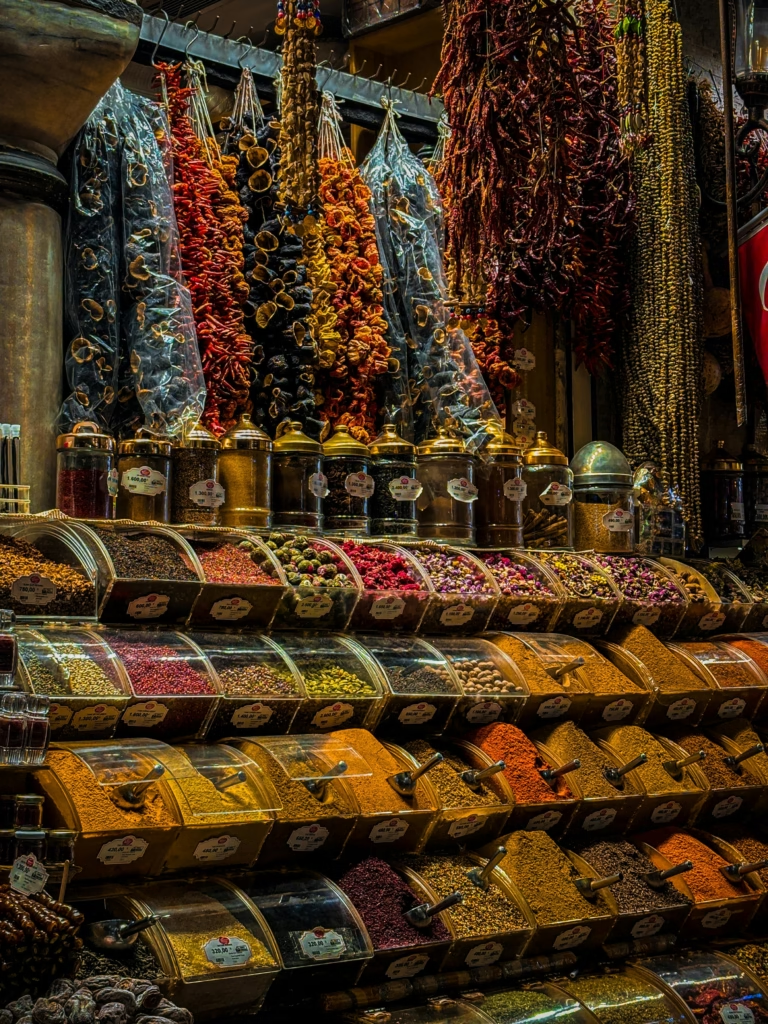
The global demand for plant-based nutrition is growing rapidly, and pulses—such as lentils, beans, chickpeas, and peas—are leading the way. These humble staples, long known for their affordability and nutritional value, are now key ingredients in everything from vegan diets to functional foods. Among the most exciting developments in this sector is the rise of African pulses export, which is helping to reshape international supply chains and meet the dietary needs of a changing world.
Africa, with its rich soils, favorable climate, and growing agricultural expertise, is emerging as a key supplier of pulses to global markets. As the plant protein revolution spreads, African pulses are gaining attention not only for their quality but also for their role in supporting sustainable agriculture and rural livelihoods. In this blog, we explore how African pulses export is transforming the global food market and why buyers are increasingly turning to the continent for reliable, high-quality supplies.
A Nutrient Powerhouse
Pulses are an essential part of human nutrition. They are rich in protein, fiber, vitamins, and minerals, making them ideal for addressing malnutrition and food insecurity. With the growing trend toward healthier eating and the rise in plant-based diets, pulses are being embraced by consumers worldwide.
Lentils, black-eyed peas, mung beans, pigeon peas, and cowpeas—all of which are widely grown in African countries—are packed with essential nutrients. They are cholesterol-free, low in fat, and high in energy, making them ideal for both everyday meals and health-conscious consumers. This nutritional value is one of the driving forces behind the success of African pulses export in recent years.
African Pulse Varieties in High Demand
African countries are home to a wide range of pulse crops that are not only vital for domestic consumption but also gaining popularity in global markets. For instance:
- Ethiopia is known for its lentils and chickpeas, which are increasingly exported to Europe and the Middle East.
- Nigeria and Ghana have strong production of cowpeas and Bambara groundnuts.
- Kenya and Tanzania are significant suppliers of pigeon peas and mung beans.
- Sudan and Burkina Faso export large volumes of dried beans.
These countries are making strides in scaling up production and improving post-harvest processes to make African pulses export more competitive on the world stage.
Meeting Global Demand
The surge in global demand for pulses is driven by multiple factors:
- Plant-Based Diet Trends: More people are turning to vegetarian and vegan diets for health and ethical reasons, and pulses are a key protein source.
- Food Security Goals: Pulses are drought-resistant and low-input crops, making them ideal for climate-resilient agriculture.
- Functional Food Innovations: Pulses are being processed into flours, protein isolates, and snack foods.
- International Trade Agreements: Africa’s participation in global trade platforms is expanding access to new markets.
African exporters are increasingly aligning with international food safety and quality standards to ensure their products meet the expectations of buyers from Europe, Asia, and North America.
Why Global Buyers Choose African Pulses
Several factors make African pulses export attractive to global buyers:
- Consistency and Quality: African pulses are known for their natural taste, texture, and quality. With better seed varieties and farming practices, consistency is improving rapidly.
- Competitive Pricing: African pulses are competitively priced compared to other markets, making them an economical choice for importers.
- Sustainability: Many African pulse farms operate using traditional, low-input farming methods, which are often more sustainable.
- Social Impact: Sourcing pulses from Africa supports smallholder farmers and promotes inclusive economic development.
Companies like Ahar Group are playing a vital role by working directly with producers, ensuring quality control, and offering traceability for international clients.
Role of Exporters like Ahar Group
Exporters such as Ahar Group are essential in bridging the gap between African farmers and global buyers. By investing in training, infrastructure, and logistics, they help improve the entire value chain of African pulses export.
From providing farmers with access to certified seeds to offering post-harvest processing solutions, Ahar Group ensures that pulses are cleaned, graded, and packaged to meet international requirements. Their commitment to transparency and sustainable sourcing helps build trust with overseas partners and strengthens Africa’s reputation as a reliable exporter.
Addressing Challenges
Despite the opportunities, the African pulses export industry still faces challenges. Infrastructure gaps, limited access to cold storage, and inconsistent logistics can affect delivery timelines and product quality. However, governments, NGOs, and private players are actively investing in solutions.
Efforts include building rural roads, establishing processing hubs, and creating farmer cooperatives to increase bargaining power and market access. These developments are expected to further boost Africa’s competitiveness in the global pulses trade.
The Future of African Pulses Export
The future of African pulses export is bright. With rising demand, expanding markets, and a growing emphasis on plant-based nutrition, Africa is well-positioned to be a key supplier in this global movement.
As consumer preferences evolve and the food industry seeks healthier, more sustainable ingredients, pulses from Africa will become increasingly important. The focus will be on not just quantity but also quality, traceability, and ethical sourcing—areas where African exporters are already making significant progress.
Conclusion
Pulses are more than just a staple food—they are a symbol of health, sustainability, and economic opportunity. As global buyers look for nutritious, ethically sourced plant proteins, African pulses export is stepping up to meet this demand with quality and purpose.
With continued investment, collaboration, and innovation, Africa’s pulse sector can serve both global markets and local communities. Exporters like Ahar Group are leading the way, creating a supply chain that benefits everyone—from smallholder farmers to health-conscious consumers across the globe.











Add comment